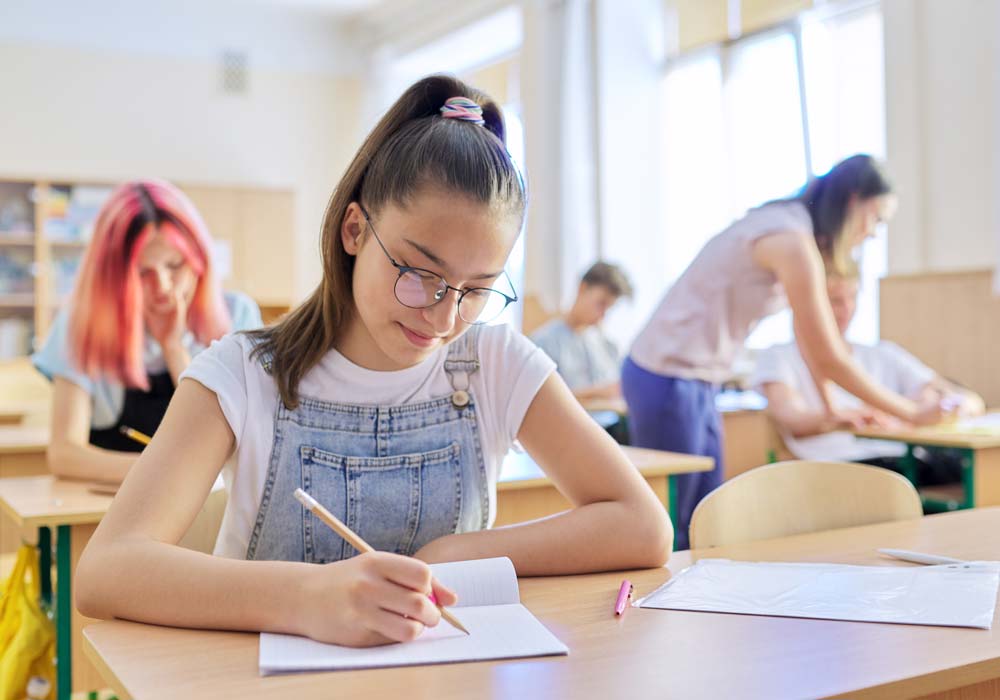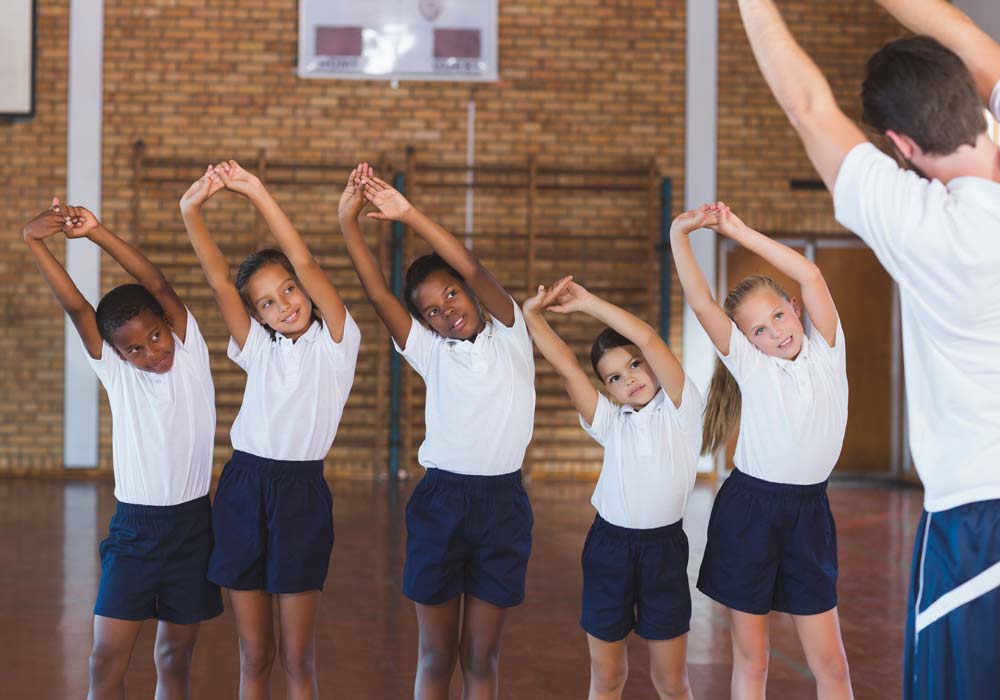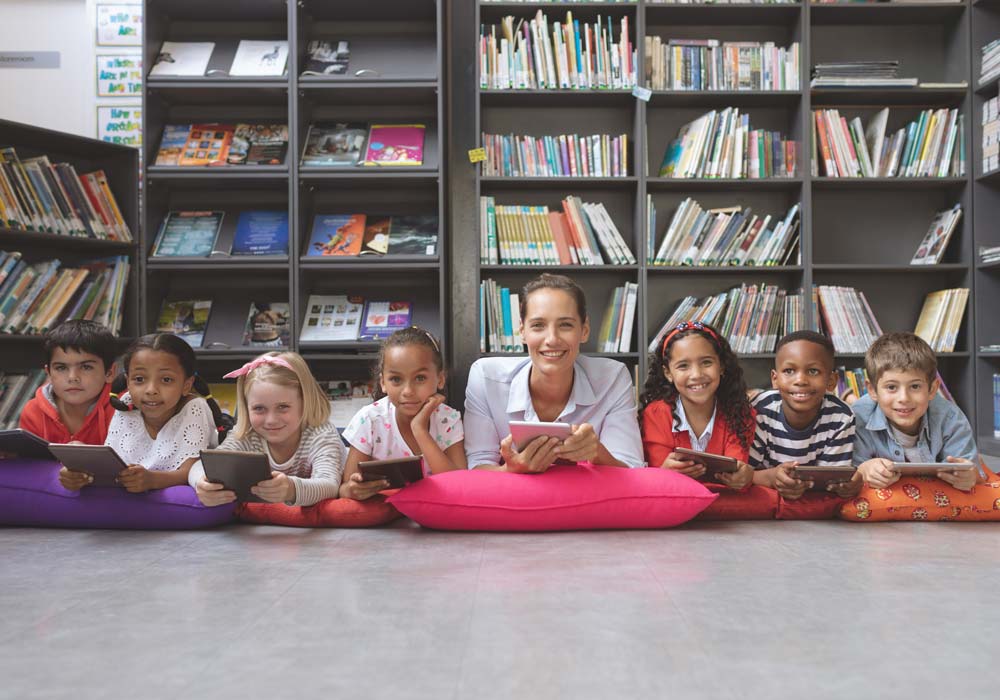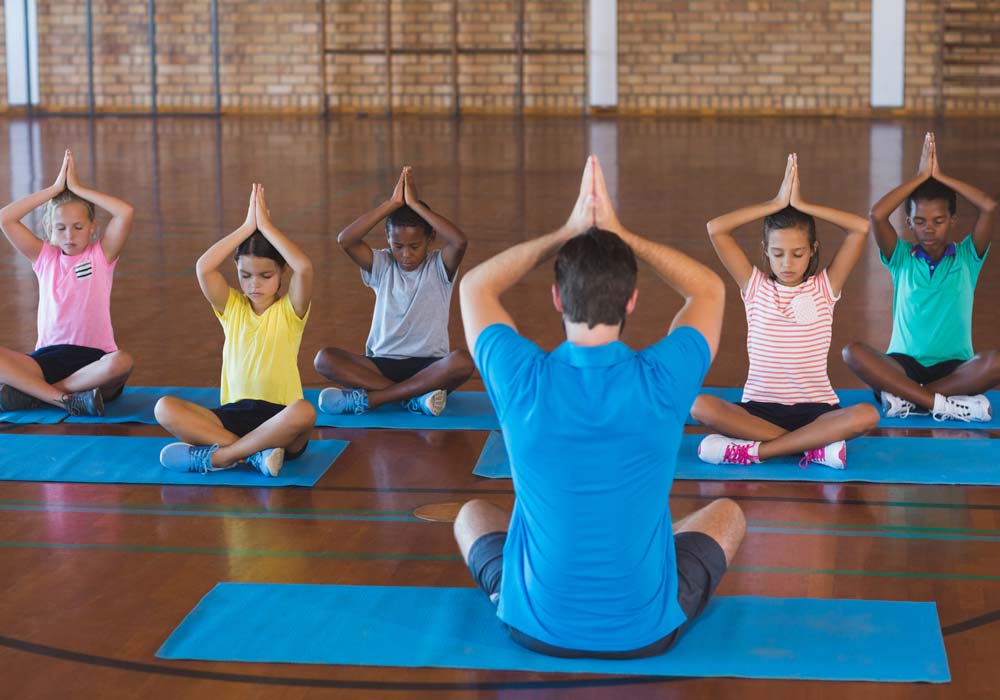Social-emotional learning – What is it and why does it matter?

What is social-emotional learning?
Social-emotional learning (SEL) is the process through which children and adults acquire, and effectively apply, the knowledge, attitudes and skills necessary to understand and manage emotions. This helps to set and achieve positive goals, feel and show empathy for others, establish and maintain positive relationships, and make responsible decisions.
For the purposes of this piece, we will be addressing SEL early childhood and primary aged children.

Why does social-emotional learning matter?
Research shows that social-emotional learning improves outcomes such as self-regulation and social skills, while reducing problem behaviors. It also shows a positive impact on academic achievement and overall well-being. In fact, students who receive social-emotional support are more likely to attend school regularly, get better grades and graduate from high school.
In addition to the many benefits for children, social-emotional learning can also lead to positive outcomes for families and communities. Children who develop social-emotional skills are more likely to have healthier relationships with their parents, siblings and peers, and to be engaged citizens of their classroom and community.
Teachers benefit too, as challenging behaviors are less common, and an overall sense of student-teacher respect is encouraged and valued.
What the research is telling us
Several different trials of social-emotional learning programs have shown the following outcomes:

Impact on aggression & bullying
A study looked at the effects of social-emotional learning programs on aggression and victimization among elementary school students in US primary schools. The study found that SEL programs can have a positive impact on these behaviours. In particular, the programs were found to reduce physical aggression, relational aggression and bullying, while leading to an increase in empathy and pro-social behaviours.

Evidence suggests that social-emotional learning programs can have a positive impact on academic performance. One study shows that students who participated in a social-emotional learning program had better grades and were more likely to be promoted to the next grade than students who did not participate in the program.

Impacts of Yoga and Mindfulness
There is also a growing amount of research to suggest that when pre and primary schools integrate yoga and mindfulness programs into their educational setting, there is an overall improvement in social emotional outcomes and greater support for whole child development.

Several studies have investigated the impact of social-emotional learning programs in relation to high school graduation statistics. According to the study, high school graduation rates rose by 6% and these gains can impact a better workforce and a decreased likelihood of committing a crime.

In a study of employers, it was found that 79% said that SEL skills are the most important qualities for a successful career. This suggests that social-emotional learning can help students to be better prepared for the workforce. Do we need to put these in???

Why is social-emotional learning important in the school environment?
The need for SEL in pre and primary schools is particularly important. It’s during these early years that many children struggle to interact with peers and form positive relationships.
Teaching young children these super important SEL skills will help them to build resilience and thrive in school. It also lays the foundation to better manage the rocky challenges that life may throw at them through adolescence and in adulthood.
Social-emotional learning also plays a role in cultivating a positive school climate where respect, trust and a sense of belonging is an integral part of the school’s philosophy and practice.
Schools with positive climates and a focus on SEL show improved academic achievement and overall greater student AND teacher mental health and wellbeing.
Teaching social-emotional skills helps students to:
- Develop self-awareness
- Build resilience
- Manage and express emotions
- Set and achieve positive goals
- Feel and show empathy for others
- Establish and maintain positive relationships
- Make responsible decisions

How social-emotional learning benefits our teachers
When teachers have a good understanding of social-emotional learning, they can:
- Create a classroom environment that is supportive and positive. This type of environment can help to reduce stress for both teachers and students.
- Develop more effective teaching strategies. For example, helping teachers to understand how to better manage classroom behaviour and create lesson plans that are more engaging and effective.
- Cultivate mutually respectful relationships with their students. When teachers enjoy positive and respectful relationships with their students, trust builds. Trust helps students feel safe, and students who feel safe and respected are more likely to be motivated and engaged in their learning.
- Understand the social and emotional development of their students. This understanding helps teachers to better support their students’ academic and social/emotional needs.

The Role of Yoga and Mindfulness in SEL
A growing body of evidence suggests that daily integration of yoga and mindfulness into the curriculum helps students develop the fundamental skills which make up Social Emotional Learning.
Just a few minutes of daily Yoga, Breath and Mindfulness to punctuate the learning environment helps to build:
- Self-awareness
- Resilience/Self-management
- Social awareness
- Relationship skills
- Responsible decision making
Self-awareness
Yoga and mindful activities help to develop self-awareness by teaching students to be more aware of their thoughts and feelings, and how they show up in their body and behaviors.
Resilience/Self-management
Yoga and mindfulness help students to build resilience and develop self-management skills by teaching them how to control their thoughts, emotions and behaviours.
Social awareness
Yoga and mindfulness help to develop social awareness by teaching students to be aware of the thoughts, feelings and behaviours of others. Through this awareness, empathy is nurtured, and they learn to better understand and relate to others.
Relationship skills
Yoga and mindfulness help to develop relationship skills by teaching students how to express themselves and communicate effectively, resolve conflict and build trust.
Responsible decision making
Yoga and mindfulness help to develop responsible decision making by teaching students how to consider the consequences of their actions and make decisions that are in line with their values.
Apart from the social-emotional benefits offered by a Yoga and Mindfulness program, yoga for children includes a host of other benefits:
- Improves flexibility, strength, balance and coordination
- Improves focus and concentration
- Reduces stress and anxiety
- Promotes a sense of calm and overall well-being
- Improves sleep
- Boosts self-esteem and confidence
There are many evidence-based benefits for why The Karma Class advocates daily yoga/mindfulness experiences and weekly kids' yoga classes in both pre and primary schools.

Here are some key things to consider:
- Yoga for kids classes are non-competitive and suitable from 2 years old. In yoga, everyone is a success!
- Our Karma Classroom Professional Development program is super easy-to-learn and implement and does not require curriculum changes.
- Our Karma Classroom Activity Cards are packed with everything needed to weave yoga, breath and mindfulness into the classroom every day
- Can be done in small spaces and at the desk.
Contact the The Karma Class to discuss our kids' yoga classes and professional development workshops that bring social emotional learning and overall health and wellbeing – through yoga, breath and mindfulness – to your teachers and students.
